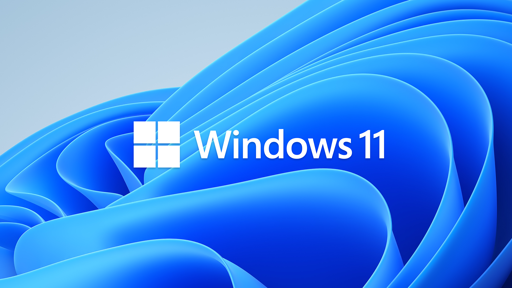Microsoft EVP Yusuf Mehdi said in a blog post last week that Windows powers over a billion active devices globally. This might sound like a healthy number, but according to ZDNET, the Microsoft annual report for 2022 said that more than 1.4 billion devices were running Windows 10 or 11. Given that these documents contain material information and have allegedly been pored over by the tech giant’s lawyers, we can safely assume that Windows’ user base has been quietly shrinking in the past three years, shedding around 400 million users.



Open up your start menu and start typing, what comes up? Is it just apps or in other words program within your local hardware? Are there suggestions from the Internet or in other words an advertisement.
The results are honestly pretty spot on, at least for my use cases, and this isn’t different from how Chromebooks or MacOS does it (although for the latter, Spotlight results are hilariously terrible). Even Linux distros often combine on-device and online search results—are those also advertisements? I’m puzzled why Windows is called out in particular on this.
If my Linux distro searched the internet, when I opened my launcher, I’d be finding a new Linux distro.
I distinctly recall a version of Ubuntu that not only showed search results, but Amazon shopping links.
And i no longer use Ubuntu. I remember that too. I also remember such large push back that it was removed
I still have fond memories of using Ubuntu. At the time, it must have been 2009 or so, I was working at a company developing desktop software for Windows, OS X and Debian. It’d be so confusing to constantly switch between operating systems because it’d mess with my muscle memory, but Ubuntu was my favorite because of POSIX and the fantastic file manager.
For my purposes and from my experience, things have improved tremendously on Windows, despite it being popular to hate upon. I still frequently use Mac as well and it’s really hardly changed at all. I confess that I only ever use Fedora on a remote instance for very specific purposes and can’t really judge it fairly on day-to-day usage.
I don’t use a PC for very much anymore, so I have little need to use my laptop. But when I do, I’ve honestly just gone with Linux Mint just because it works. And I have Lineage OS on my phone, which is my primary computing device.